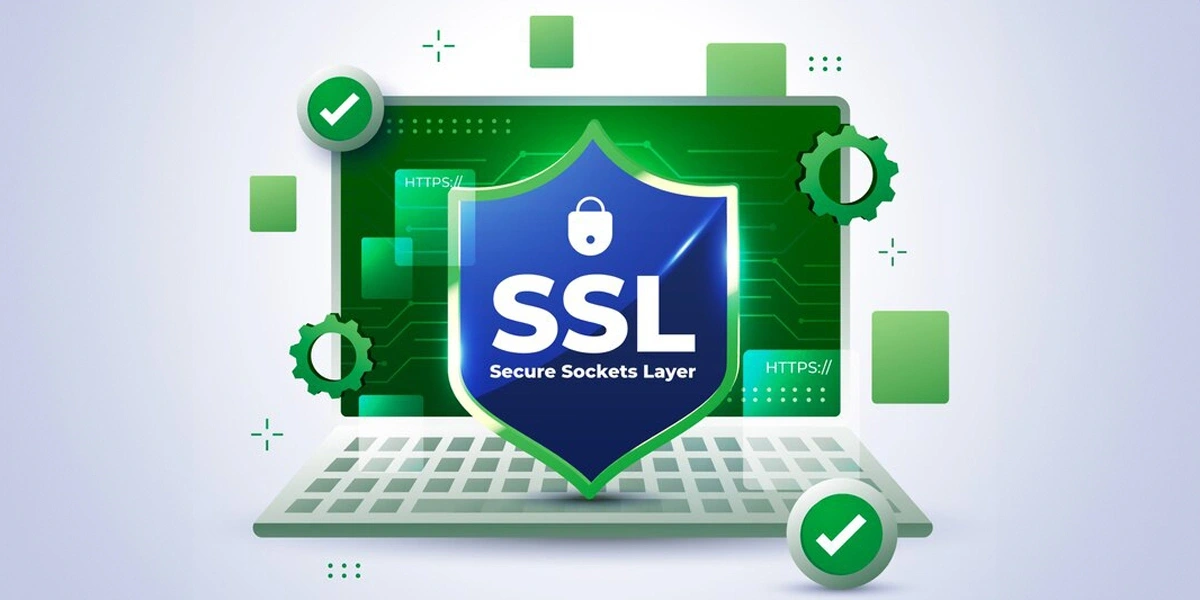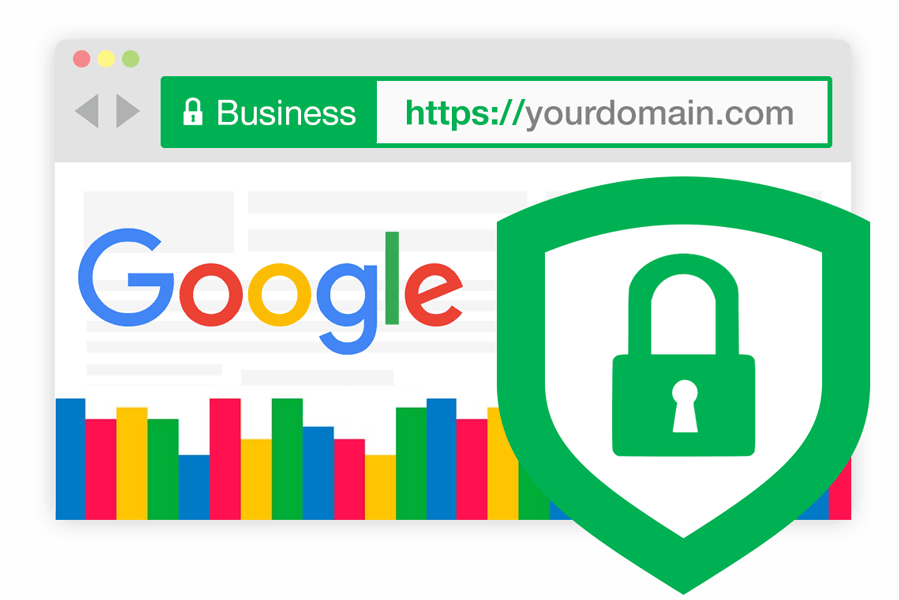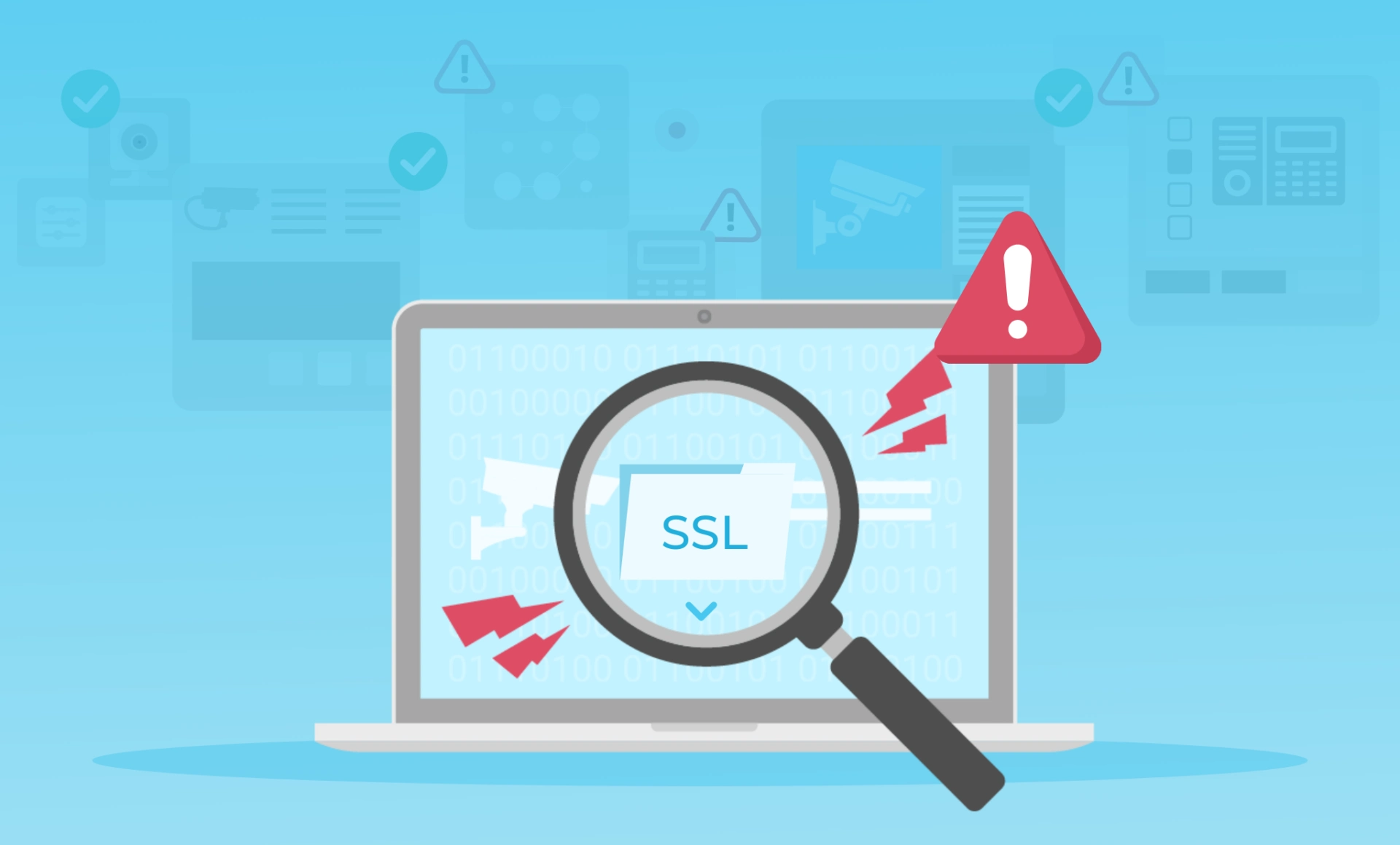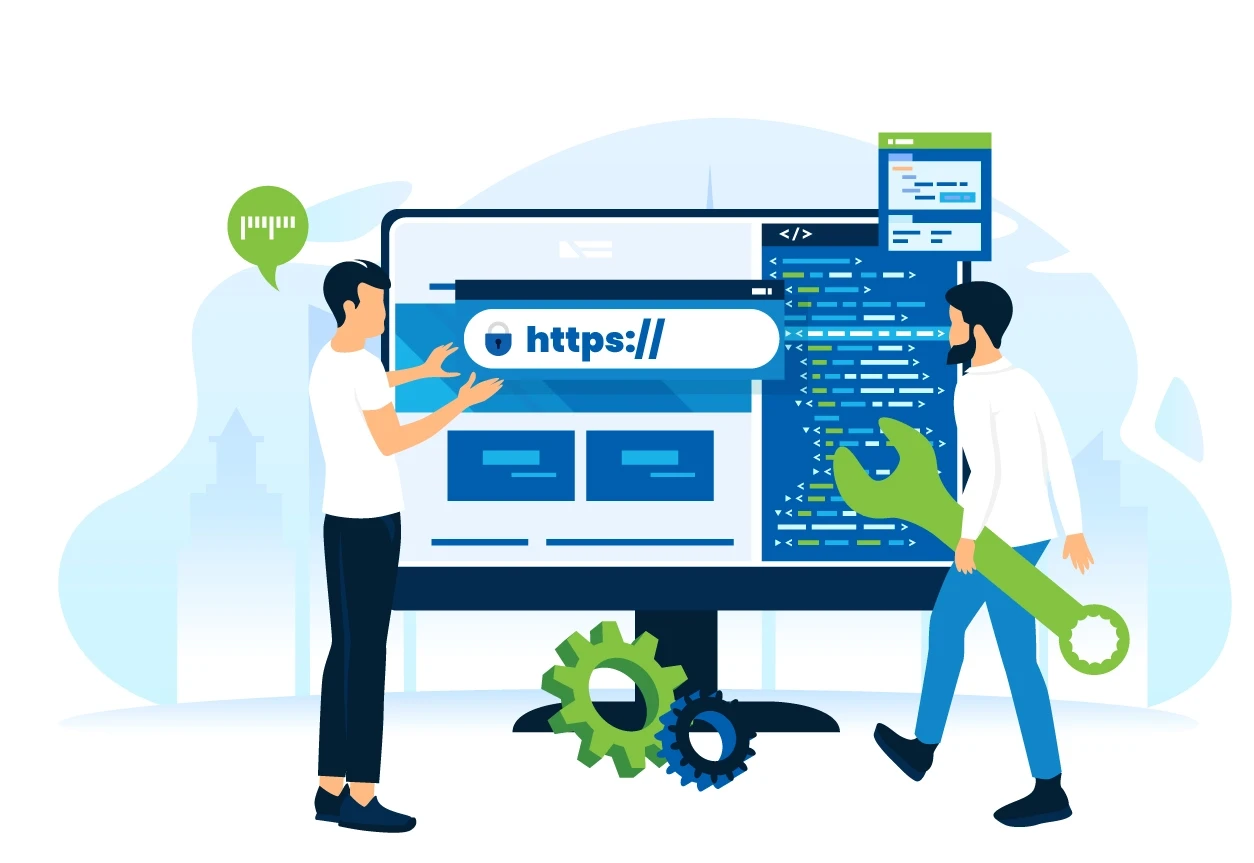Website security isn’t just a technical consideration—it’s a fundamental business requirement. As cyber threats continue to evolve in sophistication and frequency, Australian businesses face increasing pressure to protect their online assets and customer data. At the heart of website security lies SSL certification, a technology that has transitioned from optional to absolutely essential.
At UniWeb Australia, we’ve guided hundreds of Australian businesses through the process of securing their websites. This comprehensive guide explains what SSL is, why it’s crucial for Australian websites in 2025, and how to implement it effectively for your business.
What Exactly is SSL?
The Basics of SSL/TLS Technology
SSL (Secure Sockets Layer) is a security protocol that establishes an encrypted link between a web server and a browser. Today, modern websites actually use TLS (Transport Layer Security), which is the successor to SSL, but the term “SSL” remains in common usage.
In simple terms, SSL/TLS encryption ensures that any data passed between users and your website remains private and integral. Without this encryption, information travels across the internet in plaintext, making it vulnerable to interception—like sending a postcard rather than a sealed letter.
The visual indicator of SSL implementation is the padlock icon in the browser address bar and the “https://” prefix (rather than “http://”) in your website URL. For sites with extended validation certificates, some browsers may display the organization’s name in green.
How SSL Works: A Simplified Explanation
At a technical level, SSL/TLS works through a process called the “SSL handshake”—a series of back-and-forth communications that establish a secure connection:
- Initial Contact: When a user visits your website, their browser requests that your server identify itself.
- Certificate Presentation: Your server sends a copy of its SSL certificate, which contains your public key.
- Authentication: The browser verifies the certificate’s validity with the certificate authority that issued it.
- Session Key Creation: Once verified, the browser creates a unique session key encrypted with your public key.
- Secure Communication Begins: Your server decrypts this session key using its private key, and secure communication commences.
This entire process happens in milliseconds, completely transparent to the website visitor.
Why SSL is Non-Negotiable for Australian Websites in 2025
- Enhanced Cybersecurity Landscape in Australia
The Australian cybersecurity environment has transformed dramatically in recent years. According to the Australian Cyber Security Centre (ACSC), cybercrime reports increased by 13% in 2024 alone, with small and medium businesses increasingly targeted.
The 2024-2025 Notifiable Data Breaches Report from the Office of the Australian Information Commissioner revealed that 64% of data breaches resulted from malicious or criminal attacks, many targeting vulnerabilities in unencrypted data transmission.
SSL certificates provide a crucial first line of defense against these threats by encrypting data in transit, making it significantly harder for attackers to intercept sensitive information.
- Stricter Regulatory Requirements
Australia’s regulatory framework around data protection has tightened considerably:
- Privacy Act Amendments: Recent updates to the Privacy Act 1988 have increased penalties for data breaches to up to $50 million or 30% of adjusted turnover for serious or repeated breaches.
- Industry-Specific Regulations: Sectors like healthcare, finance, and legal services face additional compliance requirements for data transmission security.
- Consumer Data Right (CDR): The expanding CDR framework mandates strict security protocols for businesses handling consumer data.
Our compliance audit service helps Australian businesses identify and address potential regulatory issues before they become costly problems.
- Google’s Aggressive Push for HTTPS
Google has been a driving force behind SSL adoption through several significant initiatives:
- Ranking Signal: HTTPS has been a confirmed ranking factor since 2014, but its importance has increased substantially in recent algorithm updates.
- Chrome Security Indicators: Google Chrome, Australia’s most used browser, now explicitly marks HTTP sites as “Not Secure,” creating immediate trust issues for visitors.
- Core Web Vitals Integration: Security factors including SSL implementation now influence Core Web Vitals scores, affecting search performance.
According to research from SEMrush, 81% of websites appearing on the first page of Google search results now use HTTPS, demonstrating its critical role in SEO performance.
- Consumer Trust and Expectations
Australian consumers have become increasingly security-conscious:
- Trust Statistics: Research from the eSafety Commissioner indicates that 74% of Australian internet users now check for security indicators before submitting personal information online.
- Purchase Behavior: A 2024 PayPal Australia study revealed that 68% of consumers have abandoned a purchase when they felt a website wasn’t secure.
- Brand Perception: 83% of Australian consumers reported they would stop engaging with a brand online after a security breach.
When your website lacks proper SSL implementation, you’re not just risking individual transactions—you’re endangering your entire brand reputation.
- Third-Party Integration Requirements
Most modern website functionality relies on third-party integrations that now mandate SSL:
- Payment Gateways: All major payment processors including PayPal, Stripe, and AfterPay require HTTPS for integration.
- Social Media APIs: Platforms like Facebook, Instagram, and Twitter increasingly restrict functionality on non-HTTPS sites.
- Marketing Tools: Analytics, CRM, and marketing automation tools often limit features or refuse to work entirely without SSL.
Our integration services ensure your website works seamlessly with essential business tools while maintaining security standards.
The Hidden Costs of Neglecting SSL in 2025
Direct Business Impact
The financial implications of operating without proper SSL certification extend far beyond the initial certificate cost:
- Lost Conversions: Warning messages on non-HTTPS sites create immediate abandonment, with conversion rates dropping by up to 87% according to recent studies.
- SEO Performance Decline: Lower search rankings translate directly to reduced organic traffic and higher customer acquisition costs.
- Ad Platform Restrictions: Google Ads and Meta now restrict certain features for campaigns directing traffic to non-HTTPS destinations.
- Increased Bounce Rates: Security warnings dramatically increase bounce rates, wasting your marketing investment.
Implementing SSL for Your Australian Website: Best Practices
Selection Considerations
When choosing an SSL certificate, Australian businesses should consider:
- Business Type: E-commerce and financial services typically require higher validation levels.
- Data Sensitivity: The nature of information your website collects should guide your certificate choice.
- Budget Constraints: While premium certificates offer advantages, even a basic DV certificate provides essential encryption.
- Technical Resources: Consider your team’s capacity to manage certificate renewals and implementation.
Implementation Checklist
Proper SSL implementation involves more than just purchasing a certificate:
- Full Site Audit: Identify all content currently loading over HTTP, including scripts, images, and embeds.
- 301 Redirects: Implement proper redirects from HTTP to HTTPS versions of all pages.
- Mixed Content Remediation: Fix any mixed content warnings by updating all internal links and resources.
- Update External Links: Where possible, update inbound links to point to HTTPS URLs.
- Canonical Tags: Ensure canonical tags reference HTTPS versions of your pages.
- HSTS Implementation: Consider implementing HTTP Strict Transport Security for enhanced security.
- Analytics Reconfiguration: Update Google Analytics and other tracking tools to reflect the change.
- Sitemap Updates: Create and submit a new XML sitemap with HTTPS URLs.
Our comprehensive website security package handles all these elements, ensuring a smooth transition to HTTPS without negatively impacting your SEO or user experience.
Common SSL Implementation Challenges for Australian Websites
Technical Hurdles
- Legacy System Compatibility: Older CMS platforms or custom-built websites may require additional work to support HTTPS.
- International CDN Integration: Content delivery networks spanning global regions may require special configuration.
- E-commerce System Updates: Shopping carts and payment systems often need reconfiguration when migrating to HTTPS.
Content Delivery Optimization
- Image and Resource Loading: Ensuring all resources load securely without impacting performance.
- Third-Party Widget Compatibility: Some older widgets and plugins may not support HTTPS.
- Performance Balancing: Maintaining fast load times while implementing security protocols.
Conclusion: SSL as a Business Investment
Implementing proper SSL certification for your Australian website in 2025 isn’t just about technical compliance—it’s a fundamental business investment that:
- Protects your customers’ sensitive information
- Safeguards your brand reputation
- Ensures regulatory compliance
- Improves search engine visibility
- Builds consumer trust and confidence
Most importantly, it demonstrates your commitment to security in an era where data protection has become a core consumer expectation.
At UniWeb Australia, we’ve helped hundreds of Australian businesses implement robust SSL solutions tailored to their specific needs. Our team of security specialists understands both the technical requirements and business implications of proper website security implementation.
Ready to secure your website with professional SSL implementation? Contact our team today for a comprehensive website security assessment and discover how we can help protect your online presence while enhancing your customers’ confidence.




